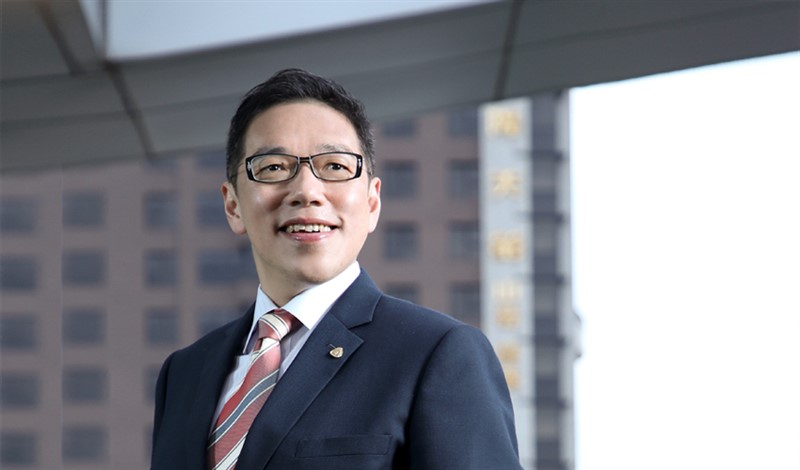Editor's Note
2022.01
Supporting Young Investors to Build Their Dreams

In this environment of low salary growth, many young people have been unable to accumulate sufficient savings, even if they have a side hustle or two. Even for those that are able to save, the burden of unreasonably high housing prices and rent is often too much to bear. They feel that their financial futures are not bright. This youth poverty is a serious global issue, and has also profoundly harmed the financial industry. Aggressive investing is the privilege of young savers. Middle-aged and elderly investors are primarily concerned with value conservation and stability; younger people can be more tolerant of market volatility. Therefore, with the extension of the timeline, if the young lack savings to invest, it will directly impact capital market growth and affect the sustainable development of the financial industry. Fortunately, over the past few years, young investors have injected some much-needed vitality into Taiwan’s investment community. With the provision of emerging products such as odd lot trading, these investors are using brand-new tools to make their own bets and take their own risks on future opportunities, injecting new vitality into Taiwan's industries and financial markets. These novices are not only trading in the local market, but also online, directly on Wall Street. They fearlessly exchange stocks, options, and futures, and give themselves cool titles such as “Spiderman,” “Iron Man,” and “One Piece” (a Manga series). But many have also caused financial injury to themselves, falling into default due to lack of financial resources, and losing their most precious asset: financial credit. How should we respond to this resurgence of youth investment? This is just like the discussion on extending the tax deduction for day trading. Many believe that the deduction encourages a speculative mentality, and even patriarchally question whether young people should spend their time doing this. They further claim that in order to protect young people, the stock market should be prevented from turning into a casino. In fact, the mentality of today's young investors is no different from that of families more than 20 years ago, or from large investors and institutional investors – they all pursue profits. These investors, with limited experience but who make good use of the internet, need better knowledge of financial laws and regulations, and more transparent disclosure of market information, in order to earn greater returns with limited chips, and to avoid becoming fodder for slaughter by other investors. In addition to the inherent risks of investment, the next generation also faces new issues. For example, an endless stream of online scammers has brought deceptive practices to digital investing, preying on young and naïve investors. The next generation will need to figure out how to solve this problem. It is precisely because of the lack of experience with market volatility that young investors need reminders to be aware of the connection between risk and reward. After all, once an economic system of generational wealth distribution is formed, to the extent even of causing poverty, nobody can say that any type of economic growth is meaningless. It is the responsibility of the financial system to build a more high-tech, more transparent, and risk-conscious investment market to provide young people with the opportunity to earn wealth. At the same time, in the dreams of young people, we also see the future of the financial industry. Because of the perception of ESG finance among young people, global finance is being guided towards a greener and more harmonious goal.



